Introduction:
In the realm of technological wonders, Artificial Intelligence (AI) stands at the forefront of revolutionary innovations. Over the past few decades, we have witnessed AI’s rapid evolution, transforming industries, powering smart systems, and reshaping the way we live and work. From healthcare to finance, transportation to entertainment, AI’s impact has been profound, and its potential seems boundless. But amid this remarkable journey of AI, a crucial question looms large: Who will change AI?
The Expanding Horizons of AI
Artificial Intelligence has made astonishing progress, thanks to the brilliant minds that have tirelessly pursued its development. From Alan Turing’s early work on computational models to the groundbreaking neural networks of the modern era, AI has come a long way. We have witnessed AI accomplish feats once thought to be the stuff of science fiction – defeating human champions in complex games like chess and Go, creating art that captivates the imagination, and even surpassing human-level performance in various cognitive tasks.
AI’s impact on various industries has been transformative. It has enabled personalized medicine, revolutionized supply chain management, and accelerated scientific discoveries. Moreover, it has empowered businesses with data-driven insights and automation, leading to increased efficiency and productivity. As AI continues to mature, it becomes evident that its influence on our lives will only grow more profound in the years to come.
The Human in the Loop: AI as a Tool, Not a Master
While AI has already brought about remarkable changes, it remains a tool, not an autonomous entity dictating its own course. The true potential of AI lies in collaboration with human intellect and creativity. Human-AI symbiosis, often referred to as “Augmented Intelligence,” represents the path forward – one where AI enhances human abilities rather than replacing them.
In the realm of creative arts, AI-generated works have sparked both awe and skepticism. Can an algorithm truly understand human emotions, experiences, and culture well enough to produce genuinely meaningful art? The answer lies in using AI as a co-creative tool. Artists, musicians, and writers can leverage AI to explore new frontiers, push boundaries, and fuel inspiration. AI-generated artwork can serve as a canvas for human creativity to flourish, transcending the limits of individual imagination.
In business and industry, AI-driven automation has raised concerns about job displacement. However, history has shown that technological advancements create new opportunities while changing the nature of work. Instead of fearing the rise of AI, we must embrace it as a force that will free us from mundane tasks, allowing us to focus on higher-order thinking, complex problem-solving, and innovation.
Education: The Catalyst for Responsible AI Advancements
If AI is to fulfill its potential as a force for good, it requires the guidance of ethical and responsible minds. Here, education plays a pivotal role. We must equip the next generation with an understanding of AI’s capabilities, limitations, and ethical implications. By instilling a sense of responsibility, we empower future engineers and innovators to create AI systems that prioritize safety, transparency, and fairness.
Cross-Disciplinary Collaboration: The Key to AI’s Evolution
The future of AI will be shaped by cross-disciplinary collaboration. It is not a challenge to be tackled solely by computer scientists and engineers. Rather, it calls for a diverse array of perspectives, including ethicists, psychologists, sociologists, and policymakers. By fostering collaboration between different domains, we can ensure that AI evolves in harmony with human values and societal needs.
Conclusion
AI is a powerful force that will undoubtedly change the world. However, the question of who will change AI is equally critical. It is the collective responsibility of humanity to guide AI’s evolution, ensuring that it serves as a tool to amplify human potential and address global challenges. Let us embrace AI with open minds, encourage ethical development, and collaborate across disciplines to steer this transformative technology towards a future that benefits all of humanity. As we embark on this journey, the true potential of AI awaits, ready to unlock a new era of human flourishing.
